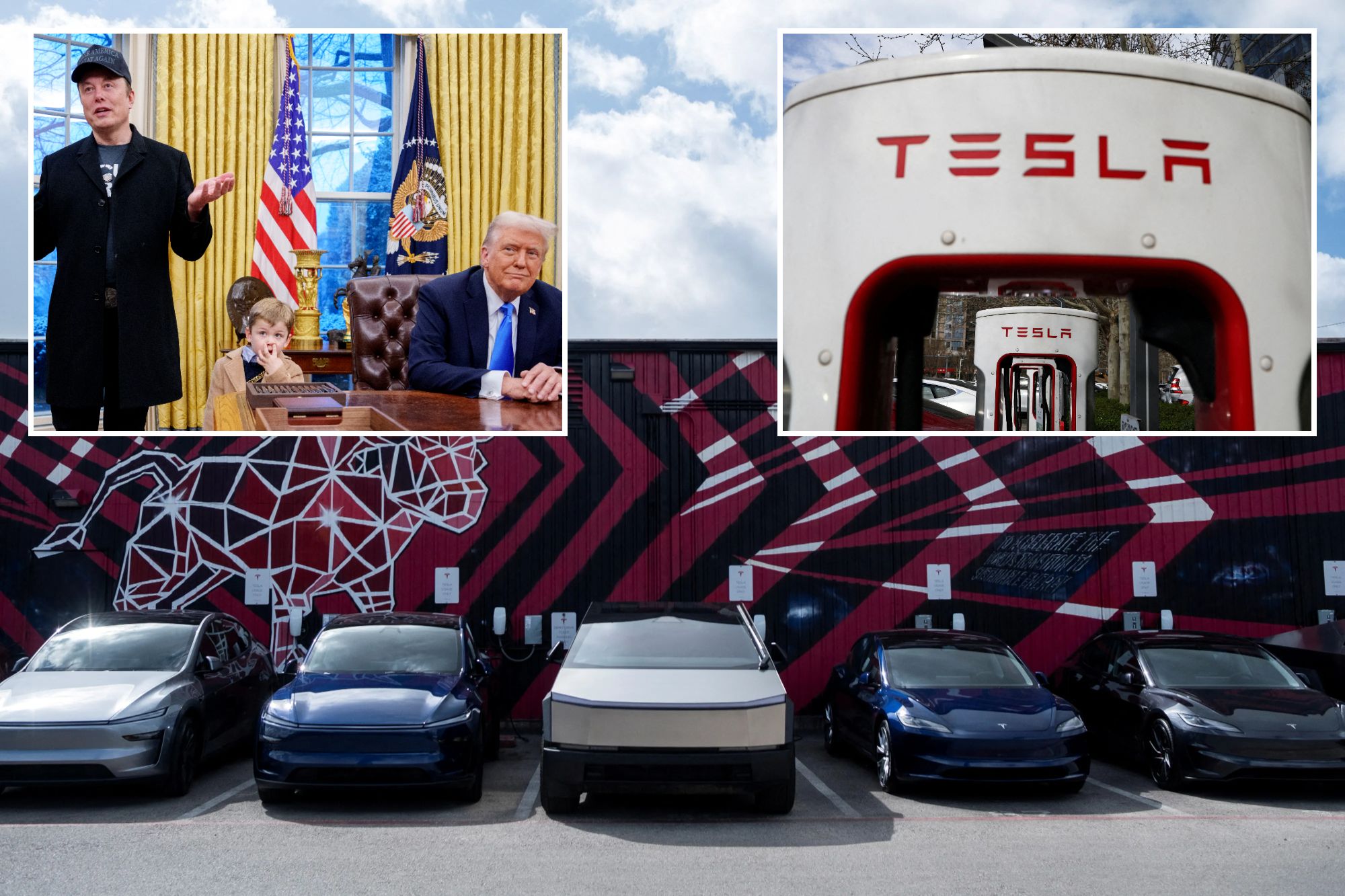URGENT UPDATE: Tesla’s U.S. market share has plunged to a staggering 38% in August 2023, marking the lowest level since October 2017. New data from Cox Automotive reveals that consumers are increasingly opting for electric vehicles (EVs) from competitors, significantly impacting CEO Elon Musk’s strategy as he pivots toward robotaxis and humanoid robots.
The decline highlights a rapidly shifting landscape in the EV market as automakers ramp up incentives amidst challenging industry conditions. Analysts predict that EV sales will experience a brief surge through September due to the impending expiration of federal tax credits, after which a potential downturn may place further financial pressure on Tesla and its rivals.
Once commanding over 80% of the U.S. EV market, Tesla’s sales fell below the 40% threshold for the first time in six years, as the company faces intensifying competition from other manufacturers. Tesla’s last significant model release, the Cybertruck, has not matched the success of its earlier vehicles, like the Model 3 and Model Y. The new data indicates that Tesla’s growth slowed to 3.1% in August, while the broader market surged by 14% during the same period.
As Tesla’s focus shifts toward ambitious projects, it has delayed or canceled plans for more affordable EV models. Musk’s vision for the future relies heavily on these robotaxis, which could redefine transportation. In a bid to align executive compensation with long-term goals, Tesla’s board proposed an unprecedented $1 trillion pay package for Musk, contingent on the company’s valuation reaching $8.5 trillion within the next decade.
The sales landscape has become increasingly competitive as buyers are greeted with enticing offers from various automakers. For instance, Volkswagen saw its sales skyrocket by over 450% month-over-month in July, driven by attractive financial incentives. Consumers like Topojoy Biswas, a tech worker from the San Francisco Bay Area, are finding irresistible deals that led him to purchase a Volkswagen ID.4 instead of a Toyota Camry, citing “the deal of the market.”
These shifts raise critical questions about Tesla’s future in the rapidly evolving EV sector. “When you’re a car company, when you don’t have new products, your share will start to decline,” warns Stephanie Valdez Streaty, Cox’s director of industry insights. As the EV landscape continues to evolve, all eyes will remain on Tesla to see how it adapts to the fierce competition and changing market dynamics.
As the end of September approaches, stakeholders eagerly await the outcomes of the tax incentives and how they will further impact sales. The urgency for Tesla to innovate and reclaim its market position has never been greater. Investors and consumers alike are watching closely as the company navigates this pivotal moment.





































































